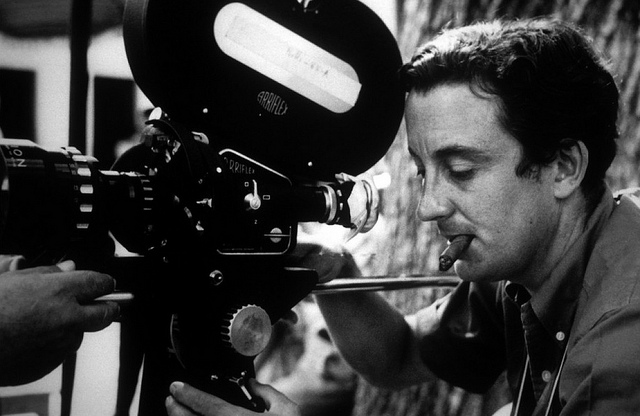The Supreme Court decision in Jacobellis v. Ohio, 378 U.S. 187 (1964), overturned on First Amendment grounds the conviction of a movie theater manager who had been prosecuted for showing a film deemed by Ohio authorities to be obscene.
Jacobellis charged with obscenity for movie showing
In Cleveland Heights, Ohio, local officials had charged theater manager Nico Jacobellis with obscenity for showing the French movie The Lovers. Jacobellis’s conviction was upheld throughout the Ohio state court system. The Supreme Court reversed, ruling that the film was not obscene and was thus constitutionally protected.
Court found the film not obscene
Six justices found the film not to be obscene, but they wrote four concurring opinions, none of which gained the support of more than two members. Justice William J. Brennan Jr. announced the judgment of the Court, but only Justice Arthur J. Goldberg joined his opinion. Brennan wrote that the Court should apply the standard that he had articulated in Roth v. United States (1957): “whether, to the average person, applying contemporary community standards, the dominant theme of the material taken as a whole appeals to prurient interest.” Brennan concluded that The Lovers did not meet this test. He also determined that “the constitutional status of an allegedly obscene work must be determined on the basis of a national standard.” (In 1973 the Court would reject this position in Miller v. California.)
Justice Hugo L. Black, joined by Justice William O. Douglas, reiterated his view that the First Amendment does not allow for censorship of any kind.
Justice Potter Stewart penned the most famous opinion in Jacobellis, issuing a short concurrence reasoning that only “hard-core pornography” should qualify as obscenity. He proclaimed: “I shall not today attempt further to define the kinds of material I understand to be embraced within that shorthand description; and perhaps I could never succeed in intelligibly doing so. But I know it when I see it, and the motion picture involved in this case is not that.” Stewart later bemoaned the prospect of “I know it when I see it” becoming the epitaph on his grave.
Justice Goldberg wrote a short concurrence, with which Justice Byron R. White concurred in the judgment with no opinion.
Dissenters thought the state had evidence for obscenity conviction
Chief Justice Earl Warren dissented, joined by Justice Tom C. Clark, finding that the state had presented sufficient evidence to warrant an obscenity conviction. Warren also reasoned that local, not national, community standards should hold in obscenity cases.
Justice John Marshall Harlan II also dissented, writing that states should have the power to ban material that “has been reasonably found in state judicial proceedings to treat with sex in a fundamentally offensive matter.”

